Can Dogs Eat Brussels Sprouts? Everything You Need to Know
- 24 Feb 2025 15:12
Brussels sprouts are a nutritious vegetable that is commonly found in many human diets, but can dogs eat Brussels sprouts too? The good news is that Brussels sprouts can be safe for dogs in moderation and may even provide some health benefits. However, as with any food, it’s important to understand both the benefits and potential risks before offering them to your dog.
In this article, we’ll discuss whether Brussels sprouts are a good addition to your dog’s diet, how to serve them safely, and what to watch out for.
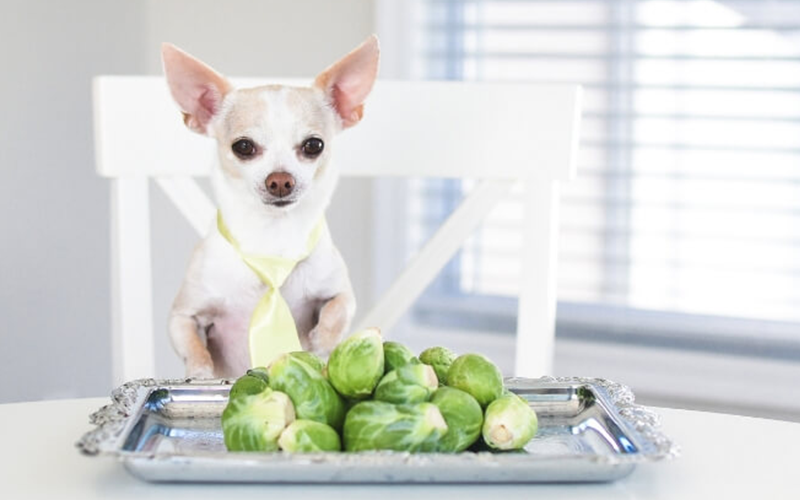
Health Benefits of Brussels Sprouts for Dogs
Rich in Nutrients
Brussels sprouts are loaded with essential vitamins and minerals that can benefit your dog’s health. They are an excellent source of Vitamin C, which supports a strong immune system and helps with tissue repair. Brussels sprouts are also high in fiber, which can promote digestive health and keep your dog’s gut functioning well.Packed with Antioxidants
Brussels sprouts contain antioxidants that help protect cells from damage caused by free radicals. These antioxidants can contribute to your dog’s overall well-being by reducing inflammation and supporting healthy aging.Promote Healthy Digestion
Thanks to their high fiber content, Brussels sprouts can help with your dog’s digestion. Fiber aids in regulating bowel movements and preventing constipation. It can also support healthy weight management, as it helps dogs feel fuller for longer without adding a lot of extra calories.Good Source of Minerals
Brussels sprouts contain minerals such as potassium, manganese, and iron, which help maintain good heart health, support proper muscle function, and contribute to overall bodily function.
Potential Risks of Feeding Brussels Sprouts to Dogs
While Brussels sprouts can provide numerous health benefits, there are some important considerations to keep in mind when feeding them to your dog.
Gas and Bloating
One of the most common side effects of Brussels sprouts is gas and bloating. Brussels sprouts contain fiber and sulfur, which can cause digestive upset in some dogs. When dogs consume too many Brussels sprouts, it can lead to flatulence and stomach discomfort. It’s important to start with small portions and see how your dog reacts.Overconsumption Can Cause Digestive Issues
Feeding your dog too many Brussels sprouts at once can lead to diarrhea, vomiting, or stomach cramps. It’s best to introduce Brussels sprouts gradually and only offer them as an occasional treat rather than a regular part of your dog’s diet.Risk of Choking
If you have a small dog or a dog that tends to eat quickly, Brussels sprouts could pose a choking hazard. It’s crucial to serve them in small, bite-sized pieces to prevent any accidents.Too Much Fiber Can Be Overwhelming
While fiber is beneficial in small amounts, too much can cause digestive disturbances in dogs. A sudden increase in fiber can lead to loose stools or constipation. Always balance Brussels sprouts with your dog’s regular diet and avoid overfeeding them.
How to Safely Serve Brussels Sprouts to Dogs
If you decide to offer Brussels sprouts to your dog, it’s essential to do so in a way that minimizes the risks and maximizes the benefits. Here’s how to safely serve Brussels sprouts to your dog:
Cook the Brussels Sprouts
Raw Brussels sprouts may be harder for your dog to digest and can be more likely to cause gas or bloating. To make Brussels sprouts easier on your dog’s stomach, cook them lightly by steaming or boiling them. Avoid adding any seasonings like salt, butter, garlic, or onions, as these can be harmful to dogs.Serve in Small Portions
When introducing Brussels sprouts to your dog’s diet, start with a small portion to see how they handle it. Depending on your dog’s size, you can offer a half or whole Brussels sprout for small dogs or a few Brussels sprouts for larger dogs. Monitor their reaction, and if they show any signs of discomfort, reduce or eliminate the Brussels sprouts from their diet.Remove the Stems
Before serving Brussels sprouts to your dog, make sure to remove the hard stems and cut them into small, bite-sized pieces. This makes it easier for your dog to chew and reduces the risk of choking.Avoid Overfeeding
Brussels sprouts should be treated as a treat, not a meal replacement. They should only make up a small portion of your dog’s daily calorie intake. Offering them occasionally, once or twice a week, is sufficient for most dogs.
Signs of Digestive Issues to Watch For
If you’re introducing Brussels sprouts to your dog’s diet, watch for any signs that they might be experiencing digestive issues:
Gas or excessive flatulence
Vomiting or diarrhea
Bloating or abdominal discomfort
Loss of appetite
If any of these symptoms occur, it’s a good idea to stop feeding Brussels sprouts and consult with your veterinarian.
Should You Use PettureX for Your Dog’s Health?
If you have any concerns about feeding Brussels sprouts to your dog, or if you’re unsure about how certain foods will affect your dog’s health, consider using PettureX. PettureX offers 24/7 online consultations with pet health professionals who can provide personalized advice on your dog’s diet and overall health. Whether you have questions about food or notice any unusual symptoms, PettureX is there to help you make the best decisions for your pet.
Conclusion: Can Dogs Eat Brussels Sprouts?
In conclusion, dogs can eat Brussels sprouts, but they should only be offered in moderation. When prepared properly and given in small portions, Brussels sprouts can be a healthy treat for your dog, offering nutrients, fiber, and antioxidants. However, they can also cause digestive issues such as gas, bloating, or diarrhea if overfed or not prepared correctly.
As always, introduce new foods slowly into your dog’s diet and monitor their response. If you notice any adverse reactions, stop feeding Brussels sprouts and consult your veterinarian for guidance. For additional advice on your dog’s health and nutrition, PettureX offers valuable 24/7 online consultations that can help ensure your dog stays happy and healthy.
Related
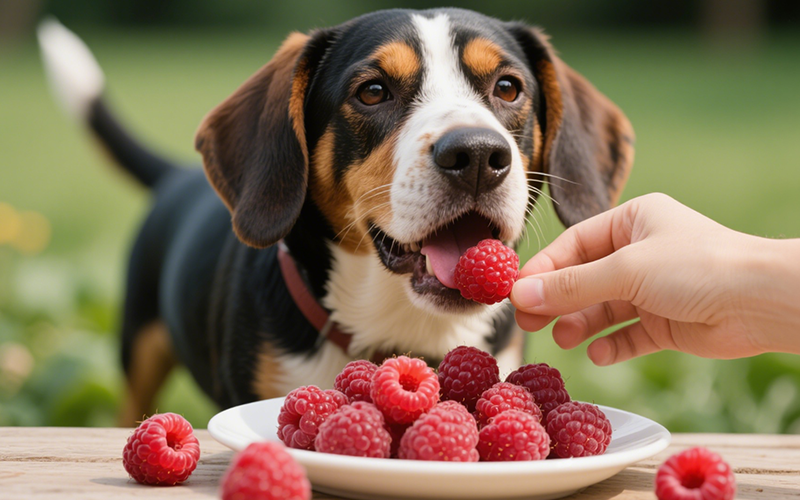
Raspberries for Rover? A Vet's Guide to This Berry Good Treat for Dogs
- 23 Apr 2025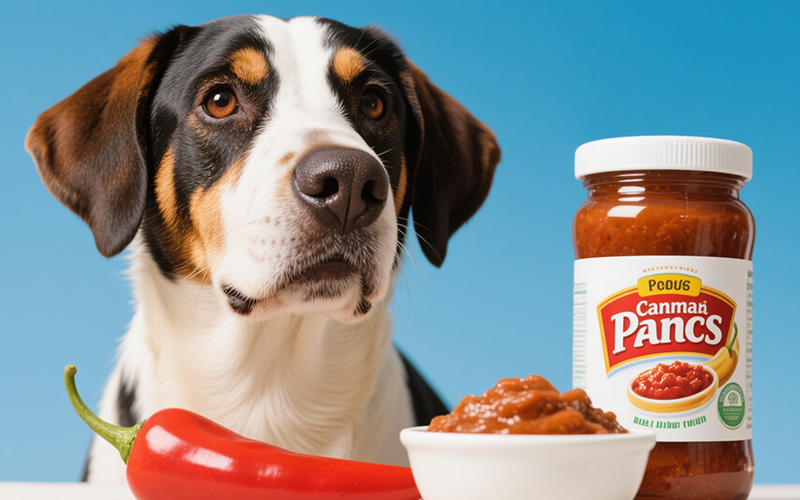
Ranch Dressing Dilemma: Can Dogs Safely Indulge? A Deep Dive into Why It's a Bad Idea
- 23 Apr 2025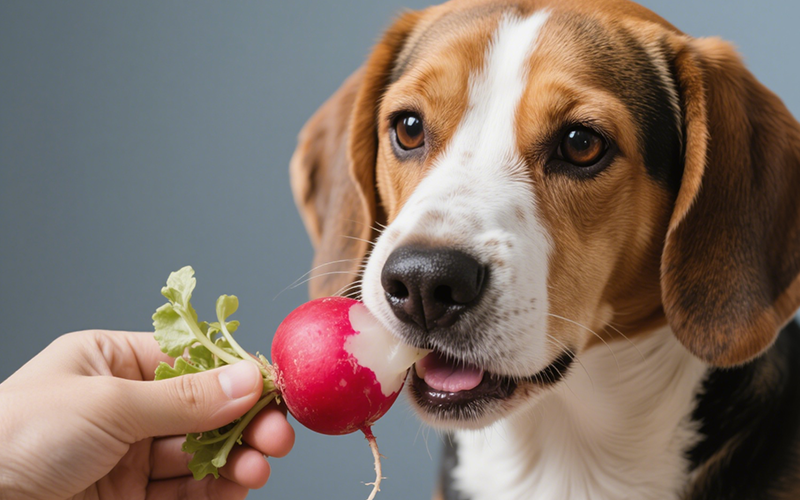
Radish Bites for Your Buddy? A Vet-Reviewed Guide on Whether Dogs Can Eat Radishes
- 22 Apr 2025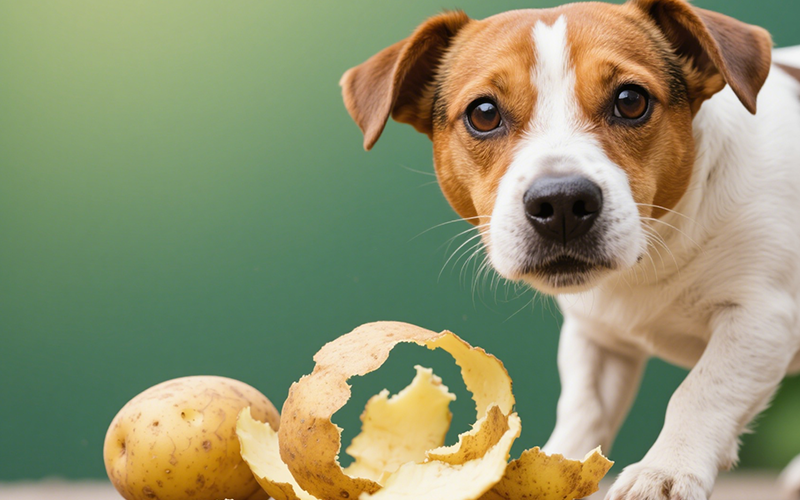
Potato Peels for Pooches? Unpeeling the Risks and Facts for Dog Owners
- 22 Apr 2025
Crunchy Curiosity: Can Dogs Safely Snack on Pork Rinds? A Deep Dive
- 21 Apr 2025
Pomegranate Seeds and Pooches: A Deep Dive into Whether Dogs Can Safely Indulge
- 21 Apr 2025
Can Dogs Eat Peaches? Vet Explains Benefits, Cyanide Risks & Safe Serving
- 16 Apr 2025
Can Dogs Eat Mulberries? Vet Explains Safety, Benefits & Potential Risks
- 16 Apr 2025
Can Dogs Eat Mozzarella? Vet Explains the Cheesy Truth (Risks & Benefits)
- 16 Apr 2025
Can Dogs Eat Mango Skin? Vet Explains Why It's a Risky Chew!
- 16 Apr 2025
